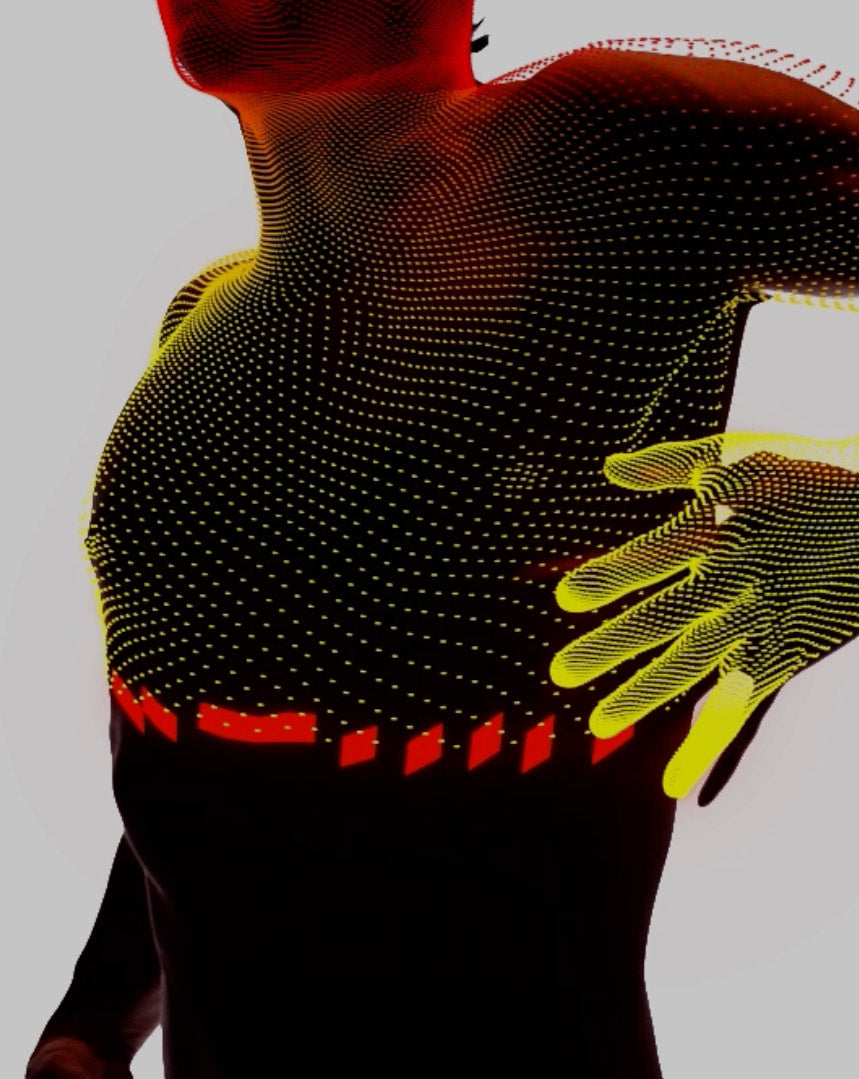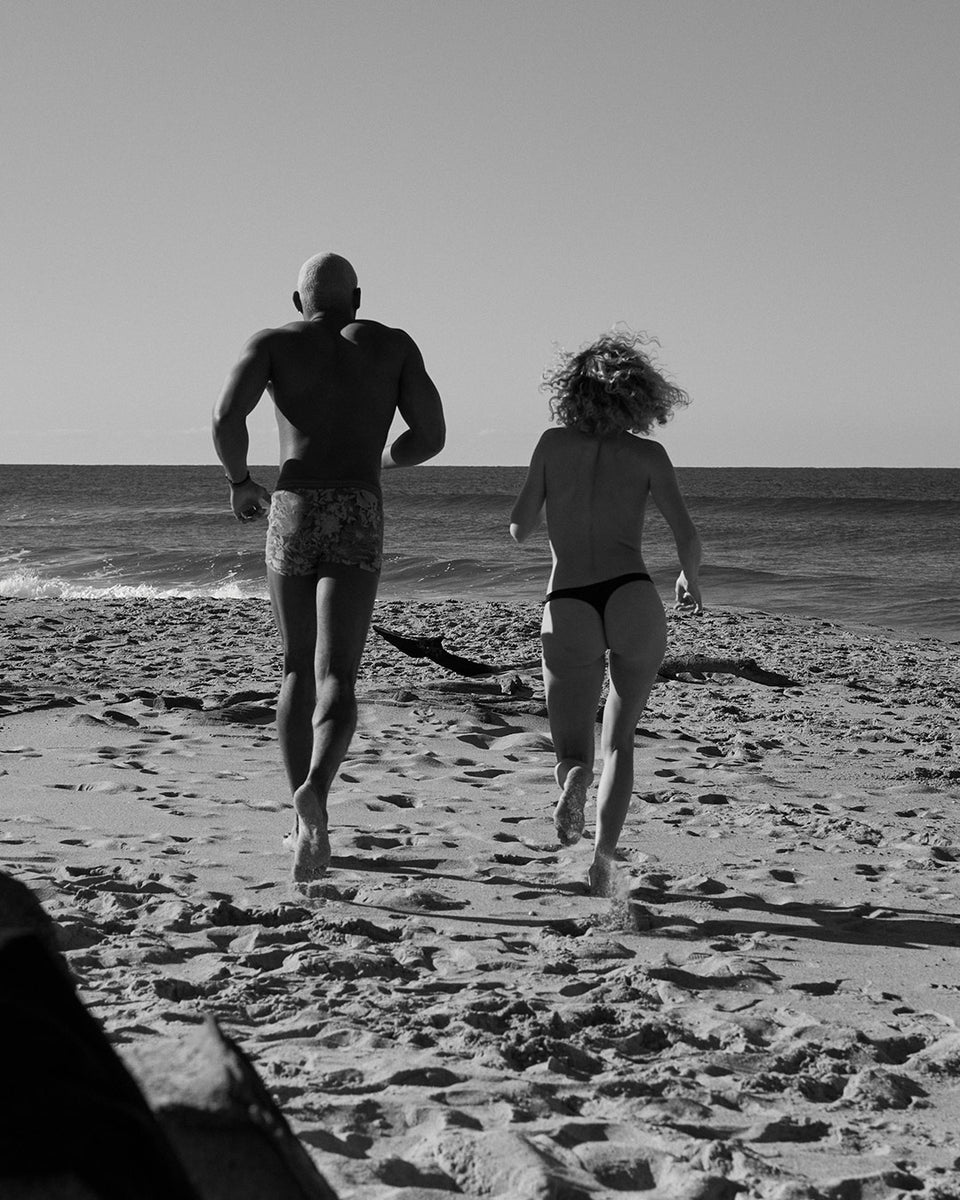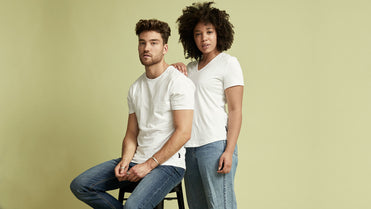“There is a great need for the introduction of new values in our society, where bigger is not necessarily better, where slower can be faster, and where less can be more” - Gaylord Nelson, Founder, Earth Day
Inspired to channel the energy of the student anti-war protests of '69 into protecting our natural environment, US senator Gaylord Nelson founded Earth Day in 1970, and recruited Harvard’s Denis Hayes as the national coordinator.
51 years later and Earth Day is a globally recognised movement across 193 countries using April 22 as an annual reminder both of Earth’s fragility, and the need to protect it by demanding policy change.
You might recognise Earth Day celebrations as a bunch of beach clean-ups, some tree-hugging or one of a bazillion pledges to stop using plastic bags. And hey, they all count towards a better tomorrow. But what's clearer than ever thanks to Google Earth’s recently released time lapse feature, is that human behaviour has to fundamentally change before we can even hope to drive systemic action on climate.
And frankly, we're running out of time. The UN’s World Meteorological Organisation just released a report into the “relentless” intensification of the climate crisis in 2020, and last year was ranked as the hottest on record, as was the decade between 2011-20.
Which is why 2021’s Earh Day theme of ‘Restoring the Earth’ seemed like the perfect moment to reflect on six of the key commitments we’ve made here at Citizen Wolf as we work towards re-engineering the way clothes are made at scale to save our planet.
“This is the year for action. Countries need to submit ambitious plans to cut global emissions by 45% by 2030.” - António Guterres, UN head
1. MADE ON DEMAND

“If you’re not on demand, you’re not sustainable” - Zoltan Csaki, Co-Founder, Citizen Wolf
The sad reality of the global fashion supply chain is that overproduction is built into the system, and this ‘business as usual’ results in roughly 30% of all clothing made annually going to landfill unsold. It’s the dirty little secret at the heart of the industry that no one wants to talk about. Why? Because it’s also the foundational concept upon which every single other decision is built.
The fast fashion industry treats clothing as a disposable commodity, and they’ve trained people to think the same way. Australia sends 36 tonnes of clothing to landfill every hour, which you may remember from the ABC's 'War on Waste':
In other words, oversupply is the root of the problem.
That's why here at Citizen Wolf we make only what we sell. We don’t hold inventory, and as a result, we never need to go on sale to move old stock. And because we never have old stock, we never need to send anything to landfill. Problem solved!
2. NATURAL FIBRES

Most fashion brands resort to using polyester blend fabrics and/or elastane in their race to the bottom on price. These synthetic fibres are made from toxic petrochemicals (aka plastic) which require huge amounts of energy to create, releasing incredible amounts of carbon in the process. They are also non-biodegradable, breaking down into micro-plastics which we all know end up in our waterways and eventually, throughout the entire food chain.
By contrast we’re committed to using only 100% GOTS certified natural, organic fabrics. We also prioritise Australian made by knitting as much as we possibly can in one of the few remaining mills in Melbourne. This isn’t just better for our planet, but also allows us to shorten our supply chain which means better transparency and keeping dollars in the Aussie economy.
3. From CARBON NEUTRAL to carbon NEGATIVE

From farm to hanger, the fast fashion supply chain emits 4.3kg of CO2e from manufacturing a single 250 gm Tee! By contrast, Citizen Wolf Tees emit 48% LESS Carbon per Tee, which is awesome, but it’s still not nearly enough.
To reduce our impact further, we committed to becoming carbon neutral in 2019. But after watching the bushfires that year in abject terror, we knew that was not enough. So in January 2020, we pledged to increase our carbon offsets 500% for the year. Our goal was to sound the alarm to the rest of the industry and we’ve since committed to maintain these 5x carbon offsets for every Tee made forever. Which means that your fave Tees are now also officially carbon negative. Yay!
And yes, we know carbon offsets are a little controversial which is why we only buy credits in Australia projects that are VSS certified like the New Leaf Project in Tasmania which you can read about here.
4. ZERO WASTE

“60 BILLION m2 of fabric off-cuts also go from factory to landfill every year” - Common Objective
Landfilling brand new clothes is a huge part of the fashion industry’s overall impact. But every year, a whopping 60 BILLION m2 of fabric off-cuts go from factory to landfill around the world – that’s enough to cover the entire surface area of Sri Lanka in fabric. Every. Single. Year...
We’re out to prove that this fabric isn’t worthless with our Zero Waste Collection. Because although we're extremely diligent at minimising wastage by cutting every Tee on our state of the art laser cutter, offcuts are an inevitable part of making clothes.
Rather than trash ours, we sort all the scraps by colour and then craft them into patchwork to be sewn up as unique, handmade Zero Waste Totes & Scarves. And for the scraps that are too small even for that, we’ve teamed up with Dempstah, who upcycle the remainder into our gorgeous, fully recycled Zero Waste Yarns!
We also run workshops espousing the value of upcycling where you can make your own Zero Waste Tote in our factory. Happily, the next workshops are this weekend in celebration of Fashion Revolution, from the 24th - 25th April
5. MINIMAL PACKAGING

“Our new minimal packaging has reduced cardboard usage by 50% – which means less weight and ultimately less carbon expelled by our couriers”
Another way we’ve reduced our carbon footprint in the past year is by upgrading our packaging. As well as switching to compostable satchels from Better Packaging Co, we’ve crucially also reduced cardboard usage by 50% with a new minimal packaging design. After talking to hundreds of customers, we got rid of our old gift box in favour of a rigid 772 GSM card that securely holds your Tees in place while expelling less carbon with our couriers thanks to it’s lighter weight.
Less really is more.
6. MORE ON FREE REPAIRS

“We can reduce the carbon footprint of our clothes by 30% for every 9 additional months we keep wearing them.” - WRAP UK
Citizen Wolf Tees are not only custom made just for you, but they’re also built to last. Even better, we offer free repairs for life because we believe that value is a function of usage measured in years, not just wash cycles. Plus, the longer we wear the clothes we already own, the better it is for our planet. For every 9 additional months we keep wearing something, we can reduce its footprint by 30% (WRAP UK). Simples.
WHAT CAN YOU DO?
Enough about us, there’s plenty we can all do as individuals to make a real difference.
Firstly, it’s as easy as voting with our wallets to support other B Corps that also balance our planet and profit. But beyond that, there’s also a handful of actions we can take, both large and small, that all add up to make an incredible difference.
And secondly, here’s 7 things you can do to fight climate change, on Earth Day, and every other day of the year as well.








